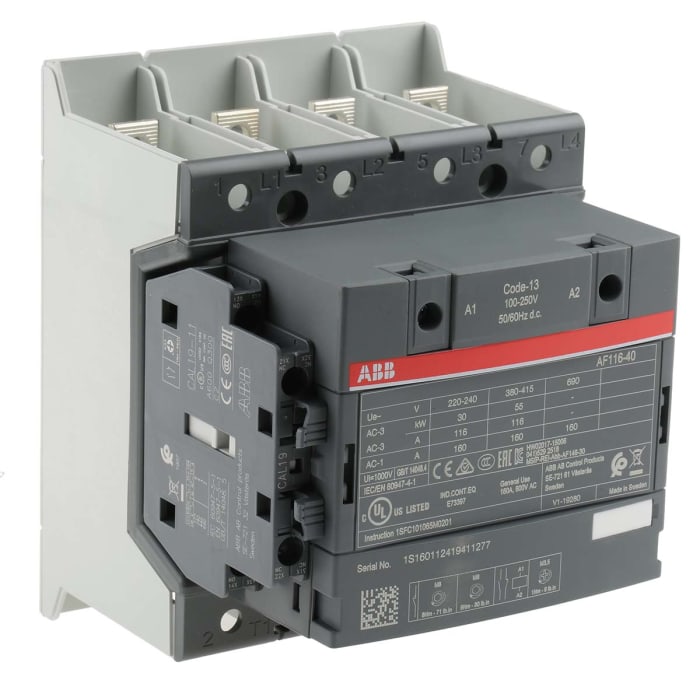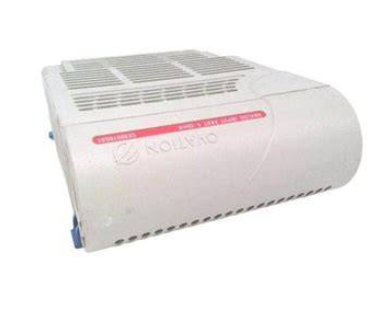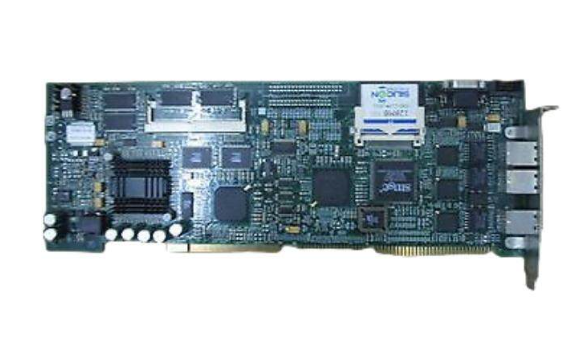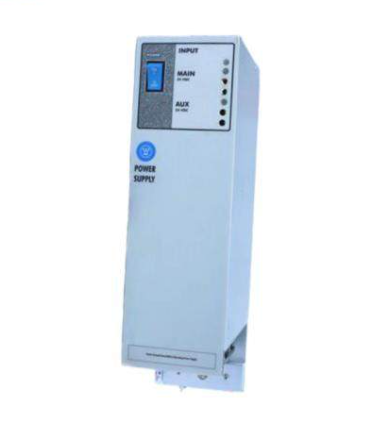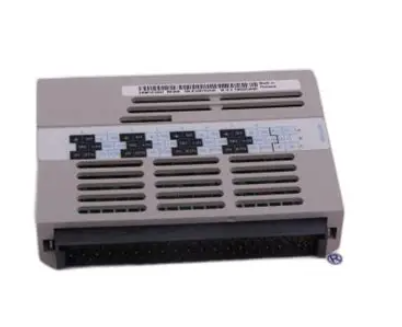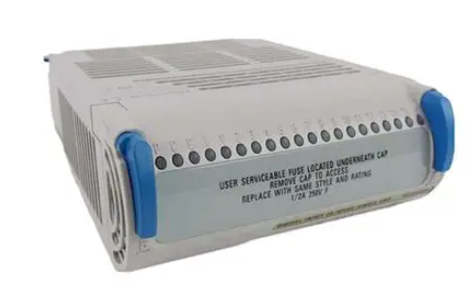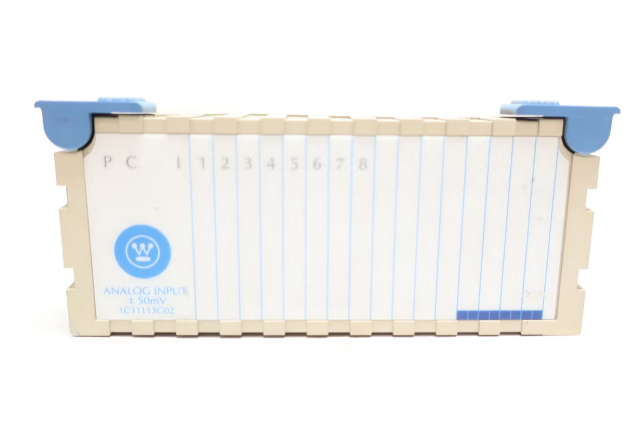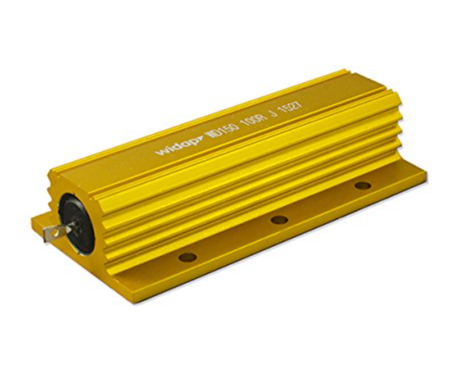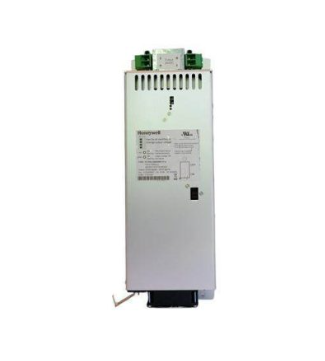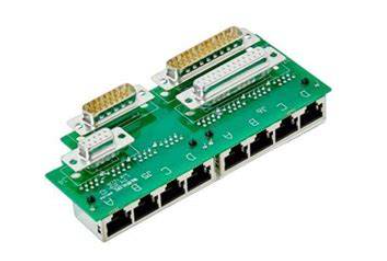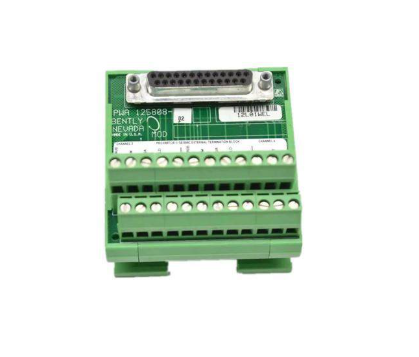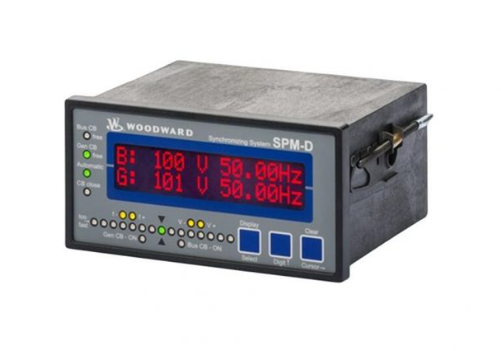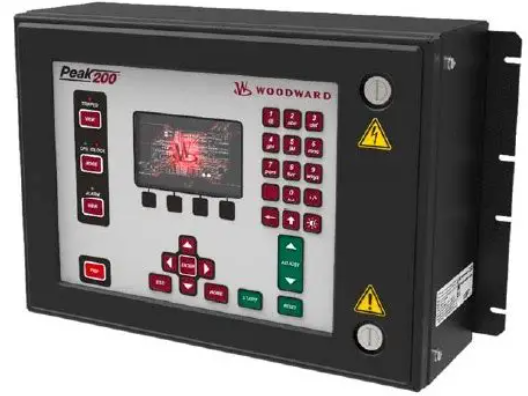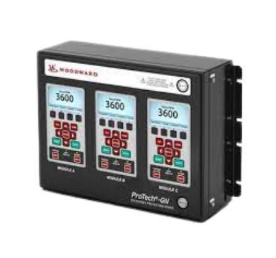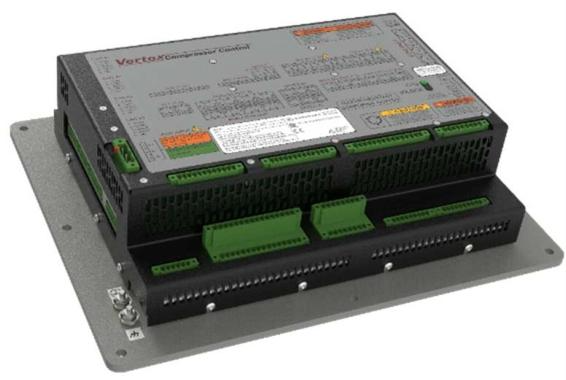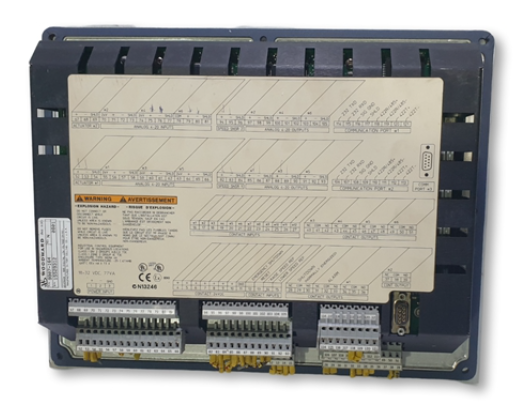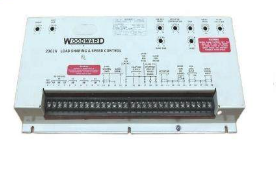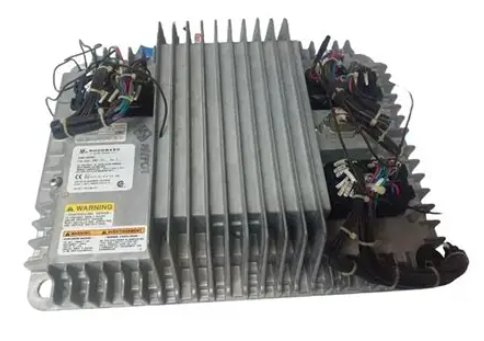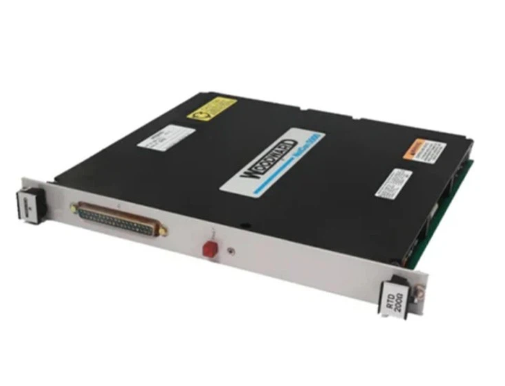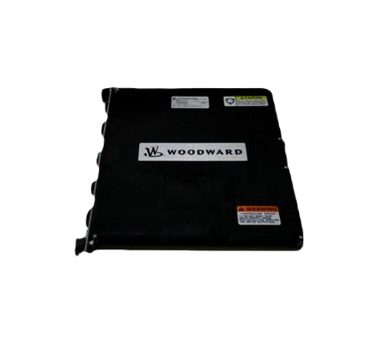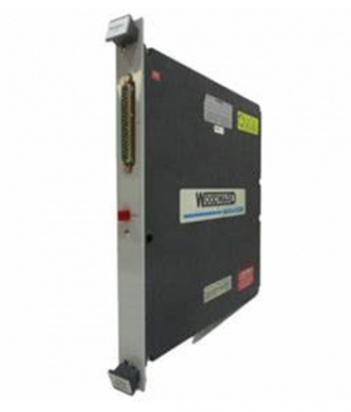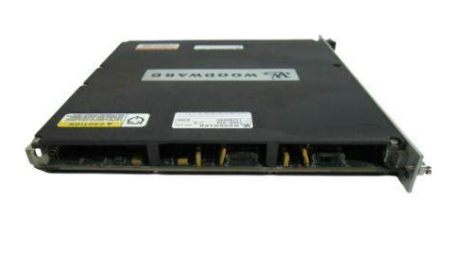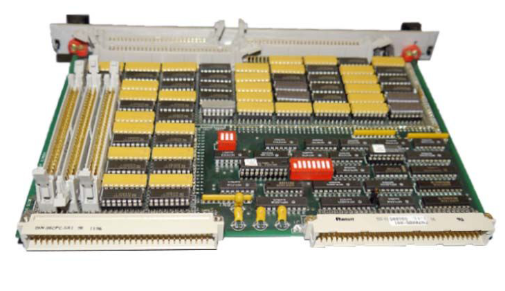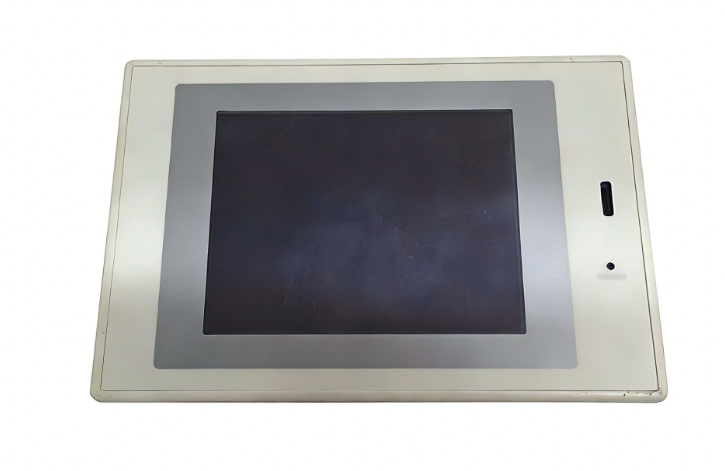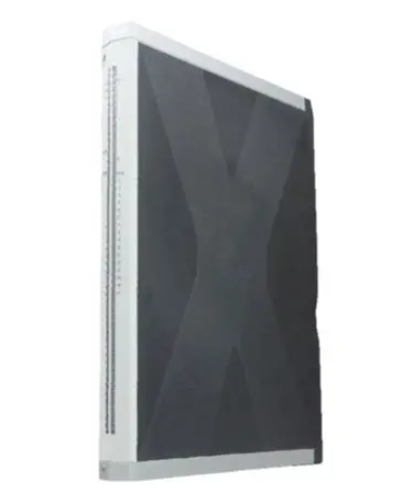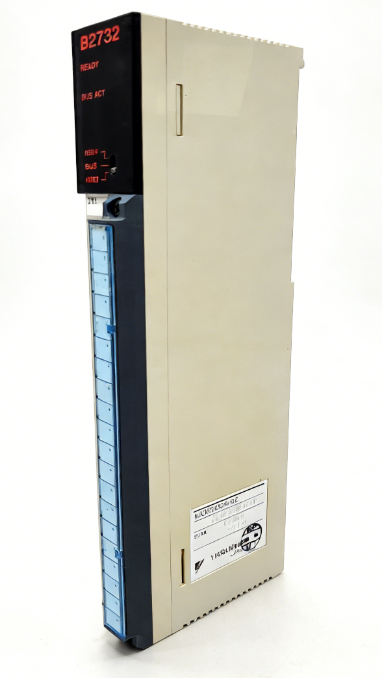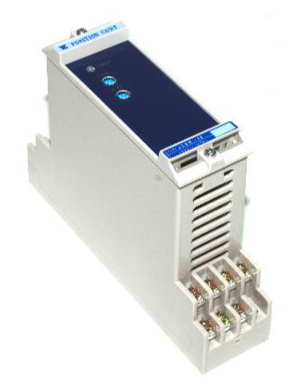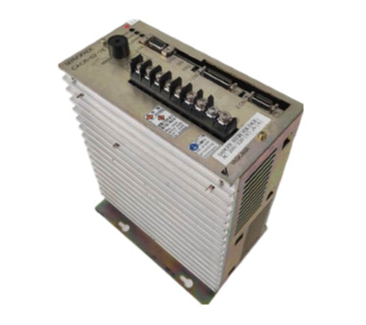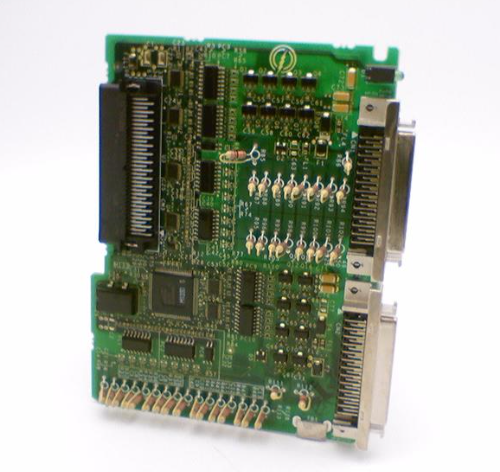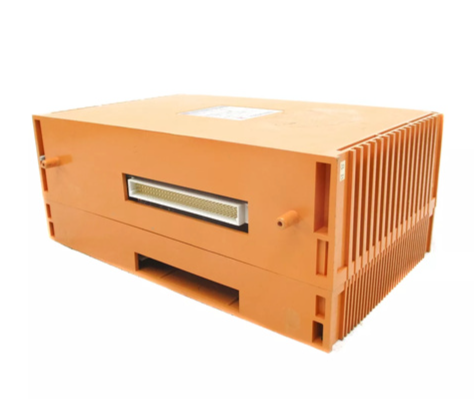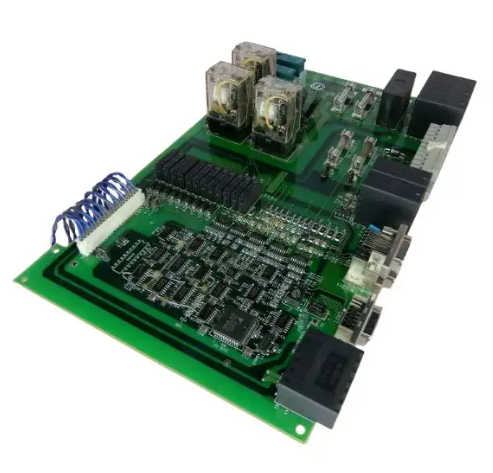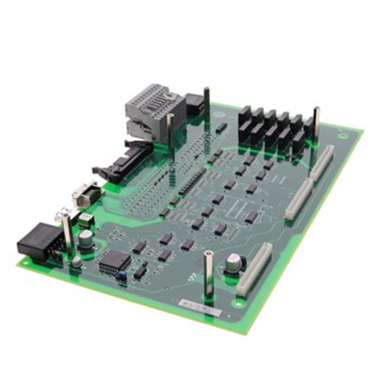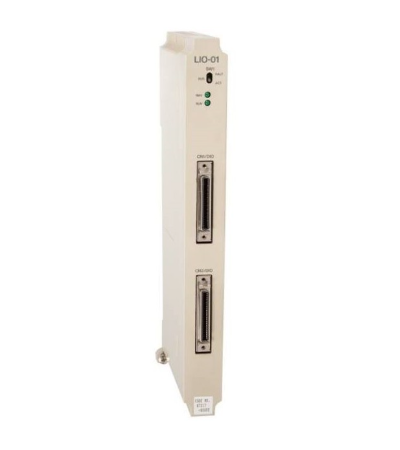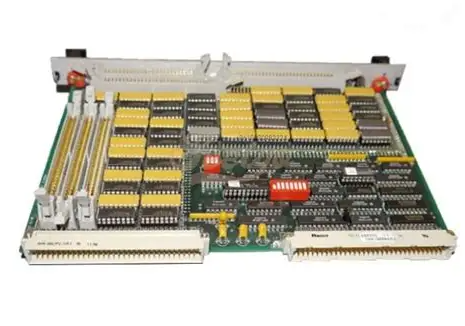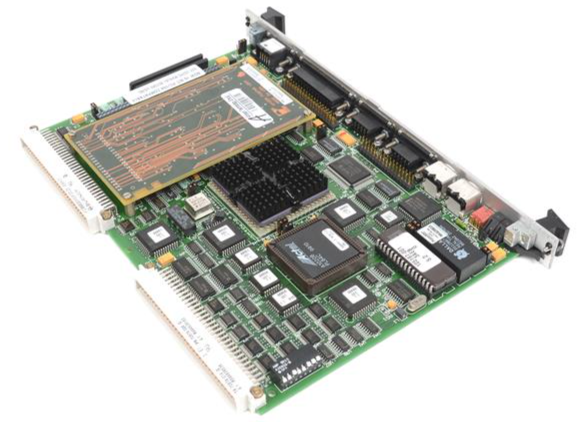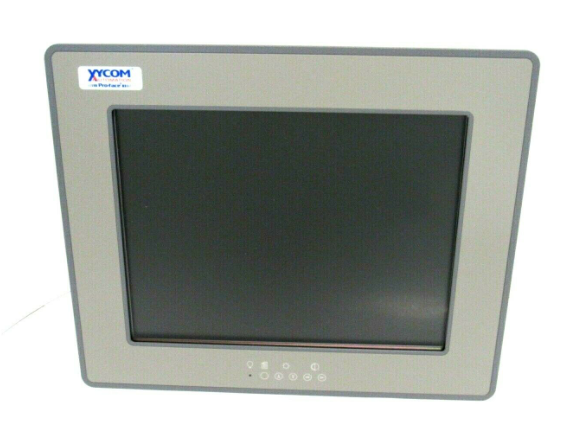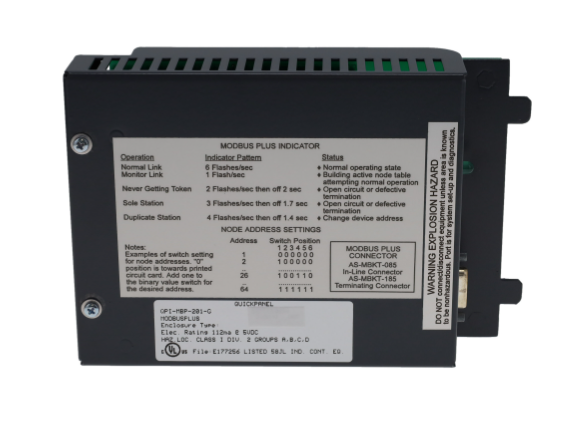ABB 37911-4-0338125 Industrial Control Modules
ABB 37911-4-0338125 Industrial Control Modules
Brand Background
ABB, as a global technology leader, has a deep technological heritage and extensive business layout in many key areas such as power, industry, transport and infrastructure. In the industrial automation category, ABB has always relied on continuous investment in research and development, closely matching the market demand, and accurately launched a series of innovative products. Its industrial control module products for a long time by virtue of excellent performance, reliable quality and advanced technology, in the industry has established a very high reputation, for the global industrial automation process steadily contributing to the core strength.
Product Overview
ABB 37911 - 4 - 0338125 is an advanced control module specially crafted for complex industrial automation systems. The module is designed to provide precise control and monitoring functions for various industrial environments, and is widely used in the manufacturing industry, energy industry and transport. In terms of basic parameters, its operating voltage varies according to different application scenarios, and its frequency range can be up to 60 Hz. In terms of certification, it has passed UL, CE, IECEx and other authoritative certificates, which means that the module has reached an internationally recognised level in terms of safety, quality standards, and the adaptability to special environments, such as explosion-proofing. The module weighs 1.5kg and has an external dimension of 12cm×10cm×5cm, which makes the overall design more compact.
Performance Advantages
Excellent Reliability and Stability: The control module adopts a rugged construction design, which can comfortably cope with the harsh industrial environment. In high temperature, high humidity, strong electromagnetic interference and other extreme conditions, can still maintain a stable operating state, continue to provide accurate control support for the industrial production process, effectively reduce the risk of production interruption due to equipment failure, to ensure the continuity and stability of industrial production.
Strong adaptability and integration ability: its modular architecture design has a high degree of flexibility, and can be easily and seamlessly integrated with the existing industrial control system. Whether it is upgrading an old system or building a new automation control system, it can be quickly adapted and integrated into it. This saves time and costs by eliminating the need for large-scale architectural adjustments when building automation projects or optimising systems.
Precise control and efficient data processing: With advanced data processing algorithms and high-performance processors, the modules are able to quickly and accurately analyse and process all types of input signals to achieve precise control of industrial equipment. Whether it is a simple start-stop operation of equipment or complex process control, the module can achieve efficient and stable operation, and strongly improve the efficiency and quality of industrial production.
Precautions
Voltage Adaptation: Since the operating voltage varies according to the application scenario, before connecting the power supply, be sure to carefully consult the product manual to accurately match the power supply voltage suitable for the actual application, and strictly prohibit the access to over-voltage or under-voltage, in order to prevent irreversible damage to the module. At the same time, to ensure the stability of the power supply, minimise the impact of voltage fluctuations on the normal operation of the module.
Installation environment selection: In order to ensure the stable operation and service life of the module, it should be installed in a dry, well-ventilated and suitable temperature environment. Avoid installation in places with high humidity, dust, strong corrosive gases, but also away from large motors, transformers and other sources of strong electromagnetic interference, to prevent electromagnetic interference triggered by the module work abnormally.
System integration and commissioning: when integrating the module into the existing system, it is necessary to strictly follow the relevant technical specifications and operating procedures. In the debugging phase of the system, the functions of the module should be tested step by step, and the accuracy and stability of signal transmission should be carefully checked to ensure that the module and other equipment can work together. During the commissioning process, if problems are encountered, the product manual should be consulted or professional technical support should be sought in a timely manner to avoid blind operation leading to equipment damage.
- ABB
- General Electric
- EMERSON
- Honeywell
- HIMA
- ALSTOM
- Rolls-Royce
- MOTOROLA
- Rockwell
- Siemens
- Woodward
- YOKOGAWA
- FOXBORO
- KOLLMORGEN
- MOOG
- KB
- YAMAHA
- BENDER
- TEKTRONIX
- Westinghouse
- AMAT
- AB
- XYCOM
- Yaskawa
- B&R
- Schneider
- Kongsberg
- NI
- WATLOW
- ProSoft
- SEW
- ADVANCED
- Reliance
- TRICONEX
- METSO
- MAN
- Advantest
- STUDER
- KONGSBERG
- DANAHER MOTION
- Bently
- Galil
- EATON
- MOLEX
- Triconex
- DEIF
- B&W
- ZYGO
- Aerotech
- DANFOSS
- Beijer
- Moxa
- Rexroth
- Johnson
- WAGO
- TOSHIBA
- BMCM
- SMC
- HITACHI
- HIRSCHMANN
- Application field
- XP POWER
- CTI
- TRICON
- STOBER
- Thinklogical
- Horner Automation
- Meggitt
- Fanuc
- Baldor



